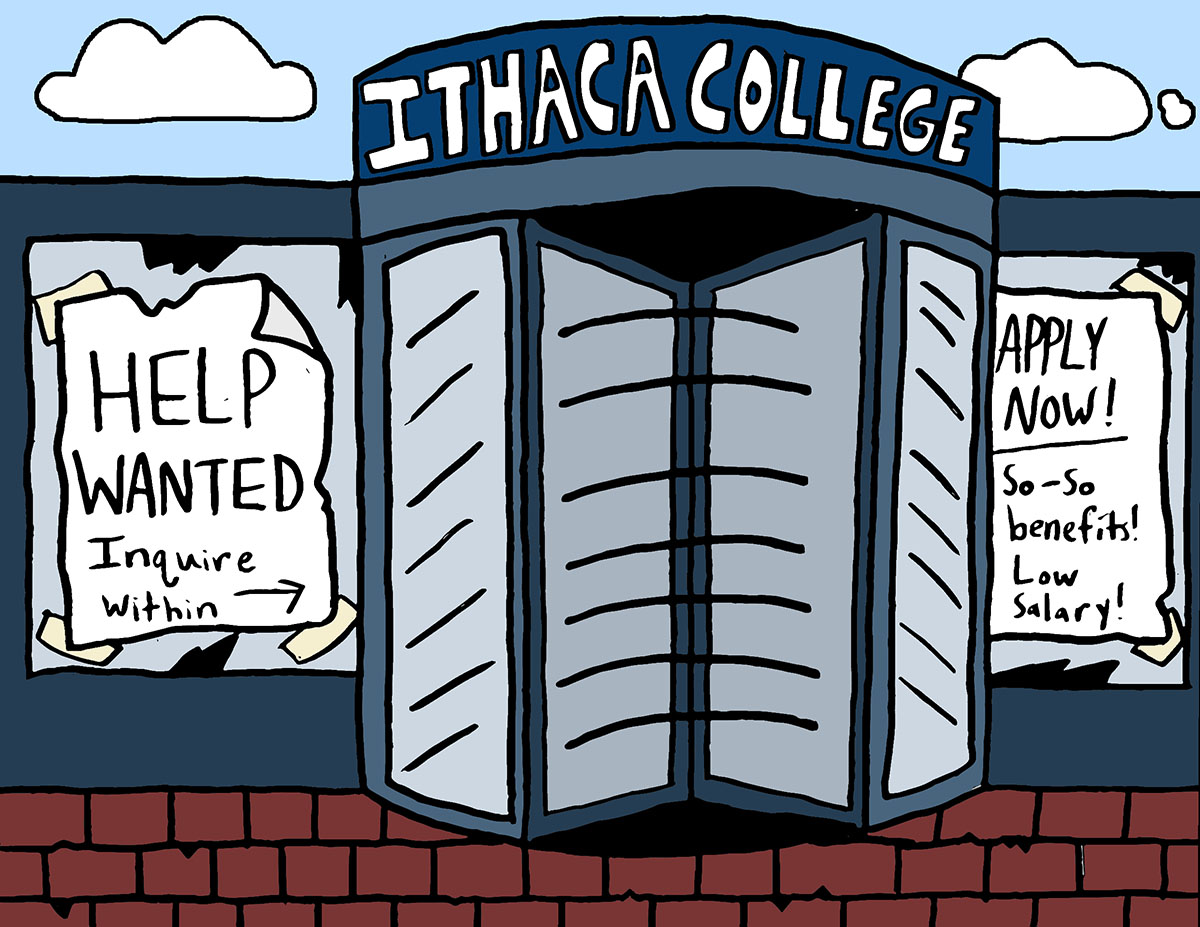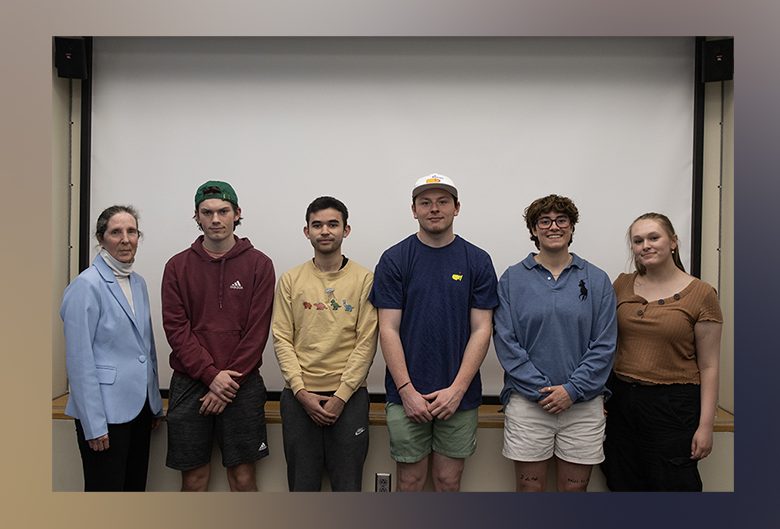California Governor Gavin Newsom signed a bill Sept. 30 that will allow college athletes to profit from company endorsements.
The “Fair Play to Pay” act is the first of its kind in the nation. It effectively allows college athletes in the state to earn compensation for the use of their images, hire agents to represent them and sign endorsement deals. Newson signed the bill during an episode of “The Shop,” a sports talk show from digital sports media company UNINTERRUPTED.
The bill will put college athletes in a similar position as professional athletes, who often receive compensation for their roles in advertisements for companies like Nike and General Mills.
However, the bill also conflicts with the current policies enforced by the NCAA, the governing body of collegiate sports. The organization states that student-athletes are ineligible to accept compensation for using their identity or status to promote advertisement. This rule applies to collegiate athletes in all 50 states.
When the bill was originally passed in September, it received significant pushback from the NCAA board of governors. The board claimed it would unfairly put a handful of schools and players at an advantage over others.
After Newsom officially signed the bill Sept. 30, the group released a new statement that highlighted how the new law is already creating confusion for current and future student-athletes, coaches and college administrators across the country.
“As more states consider their own specific legislation related to this topic, it is clear that a patchwork of different laws from different states will make unattainable the goal of providing a fair and level playing field for 1,100 campuses and nearly half a million student-athletes nationwide,” the statement said.
As it currently stands, the NCAA reports annual revenues of $1 billion. The NCAA states that much of its profits go toward creating crucial opportunities for student-athletes. This includes scholarships to support student-athletes’ undergraduate and graduate degrees.
Newsom said he signed the bill to help student–athletes use their talents, images and reputations to gain financial support and help them avoid being manipulated by colleges and corporations.
“Collegiate student–athletes put everything on the line — their physical health, future career prospects and years of their lives to compete,” he said in a statement. “Colleges reap billions from these student–athletes’ sacrifices and success, but, in the same breath, block them from earning a single dollar. That’s a bankrupt model — one that puts institutions ahead of the students they are supposed to serve.”
If the law survives pushback from the NCAA, it will also open up smaller-scale financial opportunities like paid youth coaching opportunities and signing autographs for money.
The bill passed through the legislature unanimously. It will take effect Jan. 1, 2023.







